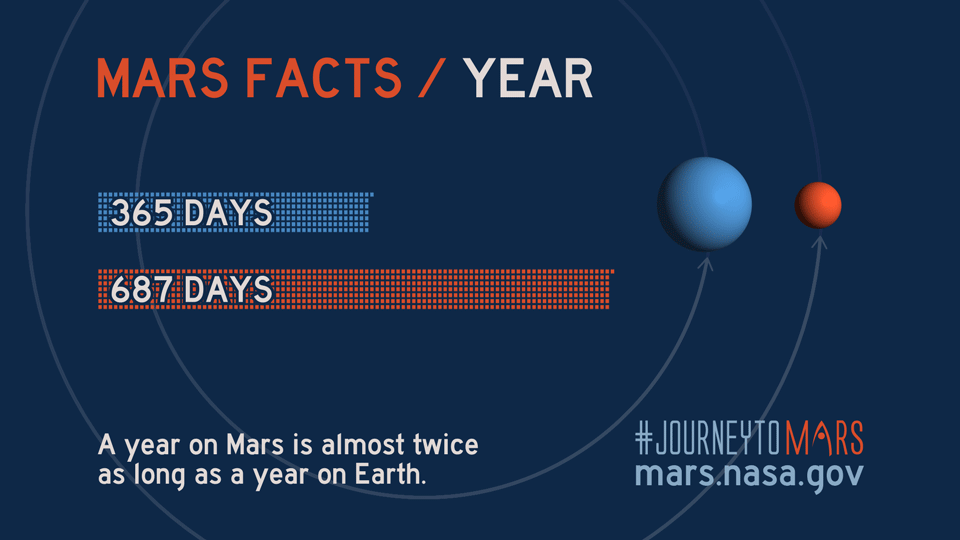The Miracle of Compounding
by
Charles Lamson
You were already introduced to compounding in an earlier post, but I want to build on it a little more. It is important that you understand the power of compounding.
 | ||
Compounding is the single most powerful tool in an investor's arsenal. Without it, investment becomes the equivalent of putting your money under your mattress.
Here is a radical example of compounding:
On Day 1 you give me a penny. On Day 2 you double it two cents. On Day 3 you double it again to four cents. And so on for 30 days. On the 30th day you will pay me almost $5.4 million!
This is compounding. In just 30 days, a penny grows to almost $5.4 million dollars. Of course, you are not going to get 100 percent interest unless you lend money in dark alleys and break people's kneecaps when they do not pay.
Nevertheless, compounding is the basic mechanism for creating wealth. It is what will help you achieve your goals.
How to Make Compounding Work for You
The example I used involves an initial deposit (1 penny) and interest only. What would happen if you added a penny each day in addition to the interest?
If you are clever in math, you might have figured this one out. Here is the problem restated:
On Day 1 you give me a penny. On Day 2 you give me two cents (your original penny plus 100 percent interest) and another penny for a total of three cents. On day 3 you give me six cents (three cents plus 100 percent interest) and another penny for a total of seven cents. And so on for 30 days. On the 30th day you pay me over $10.7 million (double the total in the original problem.) The only difference is you gave me an additional 29 cents over the 30-day period.
This illustrates an important point: compounding can be made to work harder by periodically adding to the balance. Let us use some real world examples.
Say you open an investing account with $50 earning 10 percent and every month you deposit another $50. In ten years your account will be worth almost $10,400 (ignoring taxes and inflation.)
If you could manage to make an additional $5 deposit each month bringing your total to $55, in 10 years your account would be worth $11,396---over $1,000 more. Your investment increased by $600 ($5 per month x 120 months), but you earned $1,000.
One way to look at this is that the extra $600 you invested over ten years earned you a 66 percent return ($600 x 66 percent = $396).

This process also works on loans. If you make an additional $50 per month payment on your mortgage, it will be paid off much sooner. Why? Because that extra $50 goes to the principal of the loan, and thus there is a smaller amount used to compute interest charges.
The Miracle of Time
Part of the magic of compounding comes from how long the process is allowed to work. The more time you have to compound, the more money you will make.
In the example above, you opened an investment account for 10 years. What would happen if you could let it work for 15 years or 20 years?
Here's the scenario: $50 invested at 10 percent interest and another $50 added monthly.
For 10 years the total is: $10,372
For 15 years the total is: $20,938
For 20 years the total is: $38,314
This is why Little's Golden Rule of Investing is so important:
The best time to start investing was yesterday. The second best time is today. Tomorrow is better than nothing.
In summary, compounding is the best thing since sliced bread. It will work for you with your investments or it will work against you when you borrow. Either way, it is the force of the financial world.
END
|

No comments:
Post a Comment